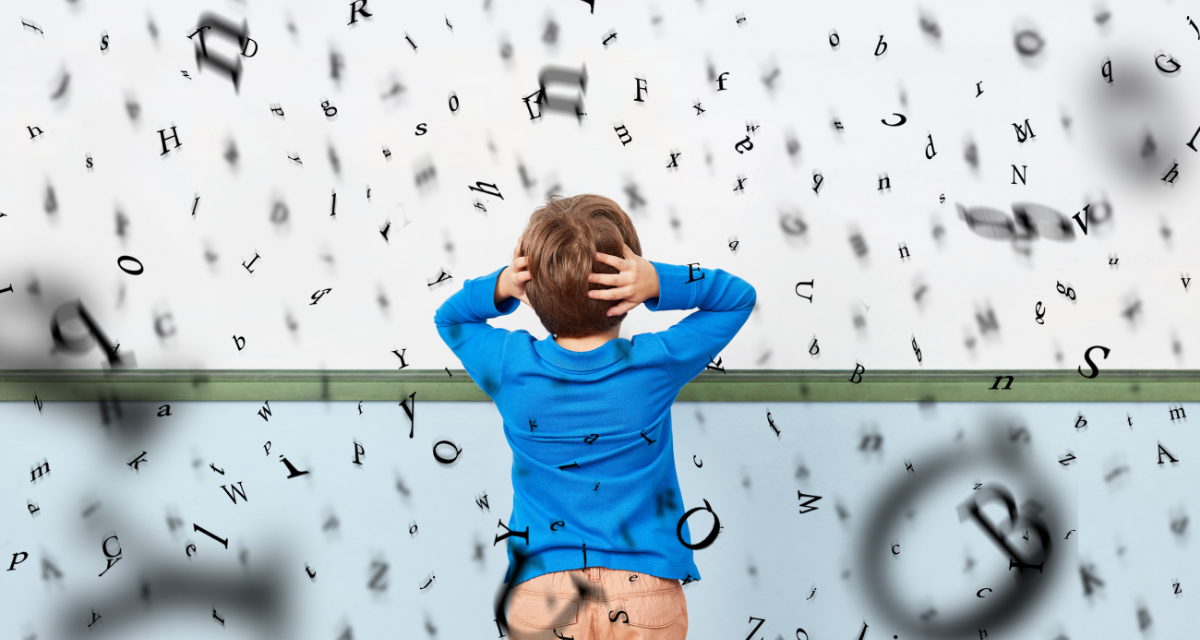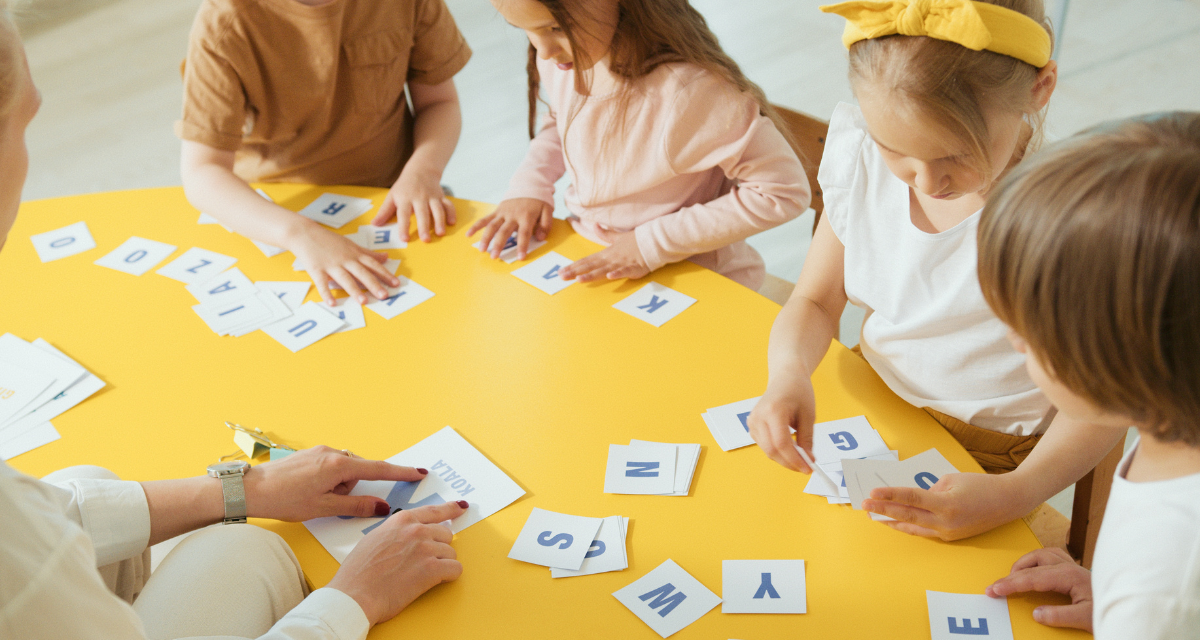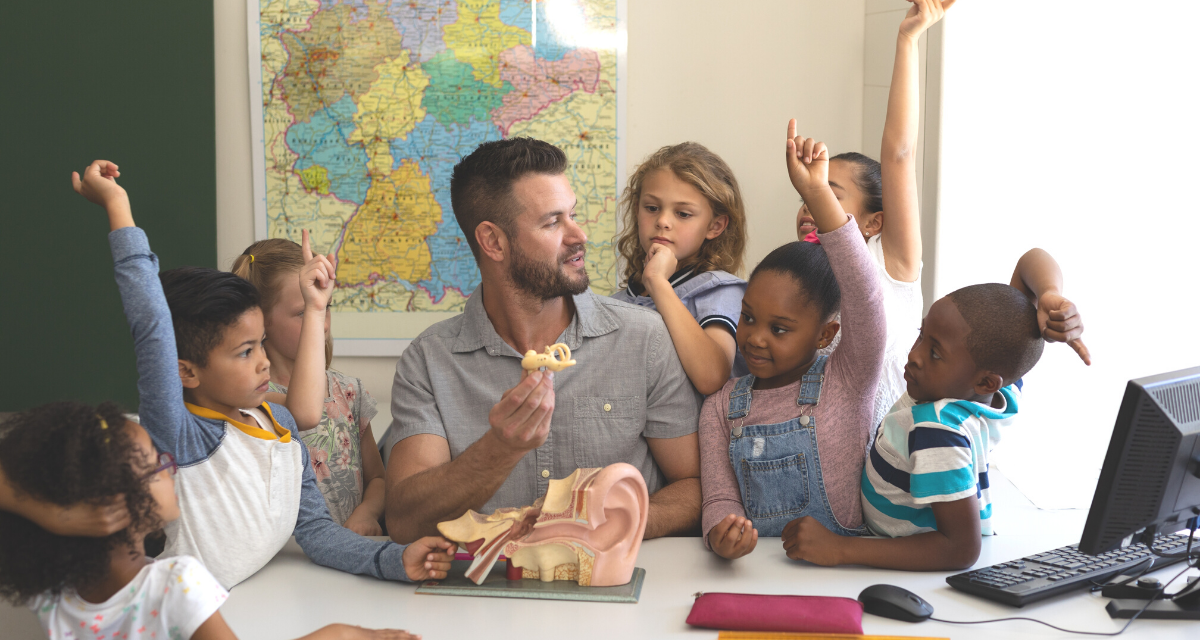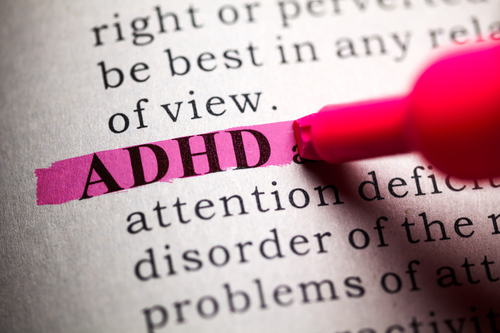Understanding Dyslexia and Recognizing Its Signs Dyslexia is a neurological condition that affects reading, writing, and spelling. Parents need to understand that dyslexia is more than just seeing reversed letters, and the misconceptions surrounding it can profoundly impact a child’s …
When children are not receiving the best grades in school, parents often attribute it to the kids not studying hard enough and giving their best. However, that may not be the case. There are plenty of learning disorders children …
Kids learn best in a variety of ways. (And while we are at it, adults are the same way.) What might work well for one person as they try their best to learn about something new may not work well …
We live in the age of instant gratification. If we want to watch the latest tv show or movie, we simply stream it in seconds. If we need to know how to get somewhere, we download it straight to our …
Whether you are a parent of a child or an educator in charge of 30 children, you have probably realized that organizational skills just don’t happen overnight. Plus, reminding the children over and over again (they may call it nagging) …
Late homework? Messy locker? Lost papers? Children and young adults with ADHD/ADD know these problems all too well and here’s why. There is a neurological process in our brains to help us with self-regulation called “executive function.” Executive function skills …
It has taken the adolescent world by storm: this spinning toy that claims to relieve stress and help students with attention deficits and other disorders to focus. Indeed, the fidget spinner has become ubiquitous in schools, camps, and homes across …
Attention-Deficit/Hyperactivity Disorder, or ADHD, affects nearly 12% of children aged 4-17, an increase in the past twelve years of over 5%. As we seek to understand all possible educational barriers that can affect a child’s progress, we must pay close …








